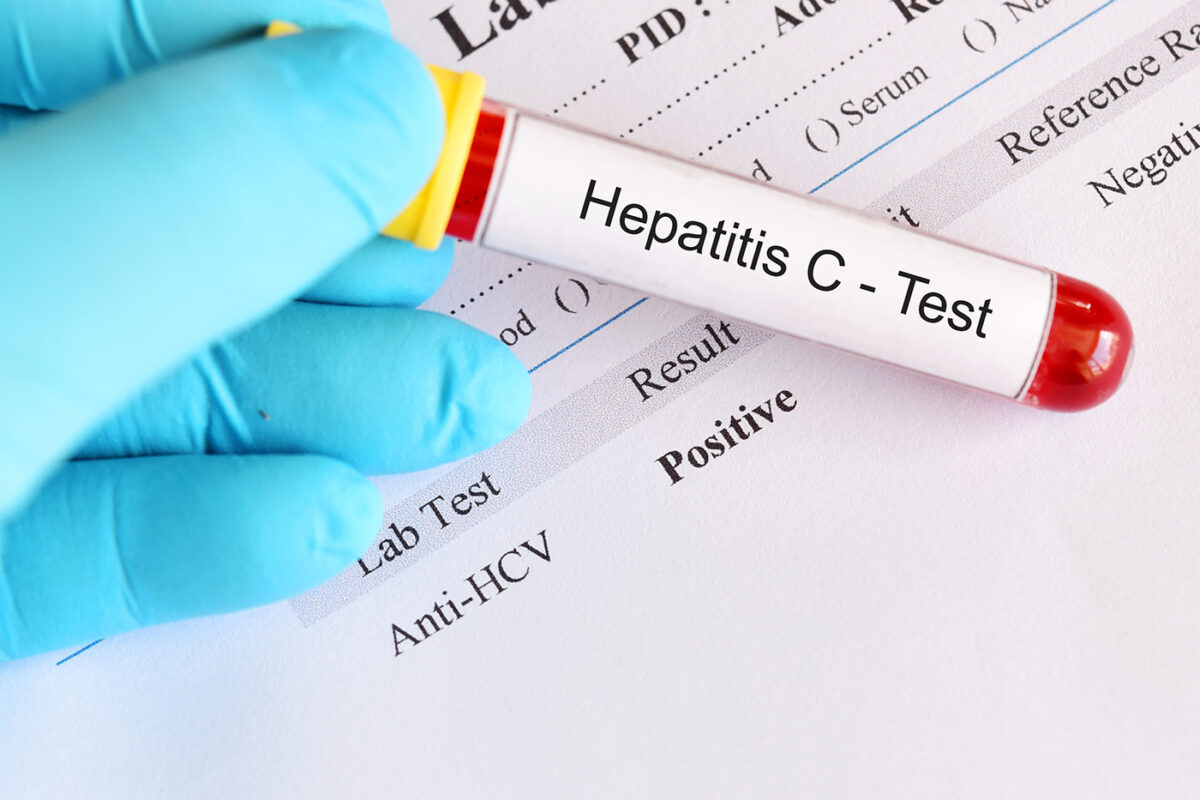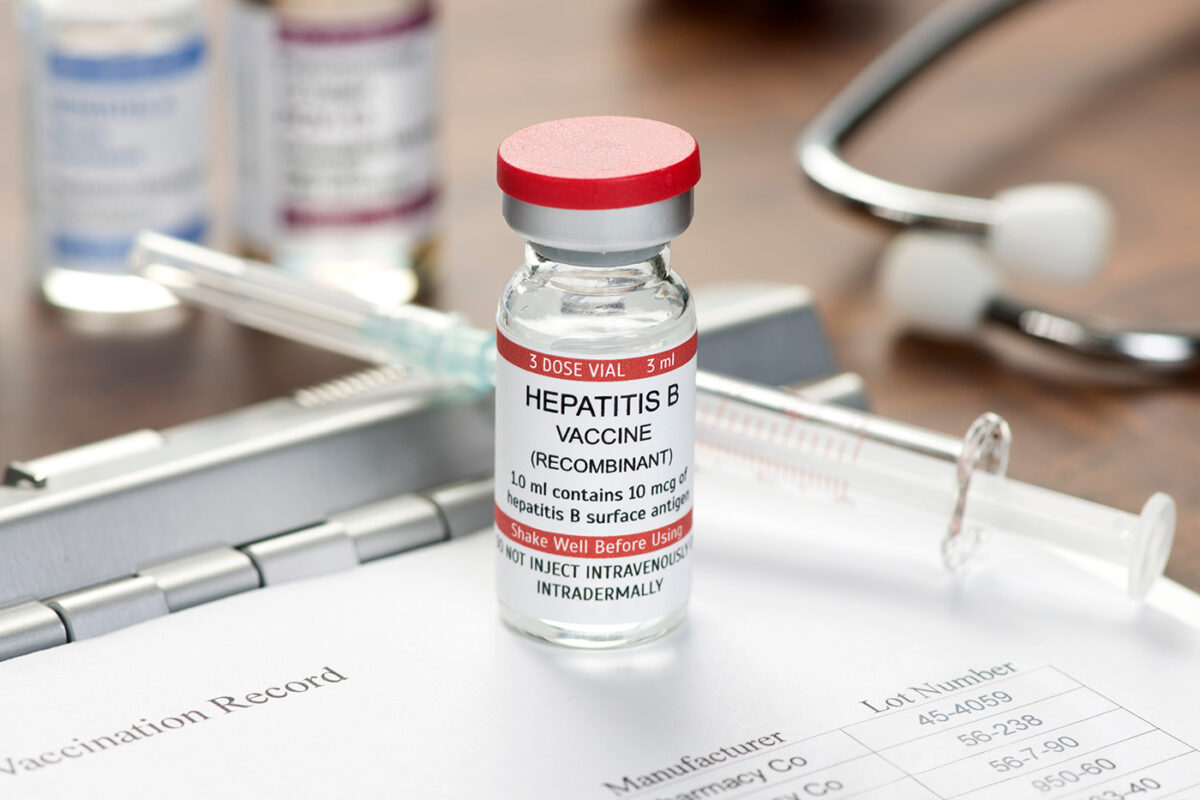Medicaid financing and provider reimbursement models are extremely complex. As states expand their Medicaid programs and search for ways to control costs, understanding how public healthcare dollars flow to providers will be essential to the analysis of options. In a separate fact sheet, we have discussed how the federal government and states share in financing the Medicaid program through Federal Medical Assistance Percentages (FMAPs). This fact sheet is one of two discussing supplemental payments to providers in addition to direct payments for services. These supplemental payments–Medicaid Disproportionate Share Hospital (DSH) and Upper Payment Limit (UPL) payments–serve to offset uncompensated care costs and augment Medicaid reimbursement rates that are lower relative to Medicare and private payer rates for comparable services. Estimates show that these payments represent more than one-third of Medicaid fee-for-service hospital payments. In accordance with the Patient Protection and Affordable Care Act of 2010 (PPACA), DSH payments will be reduced in the near future. Consequently, policymakers should carefully consider reform options that disrupt or eliminate the flow of these payments.
This fact sheet provides background information on the development of Medicaid DSH payments, details the DSH payment methodology, and describes the expected DSH payment reductions under the PPACA.







